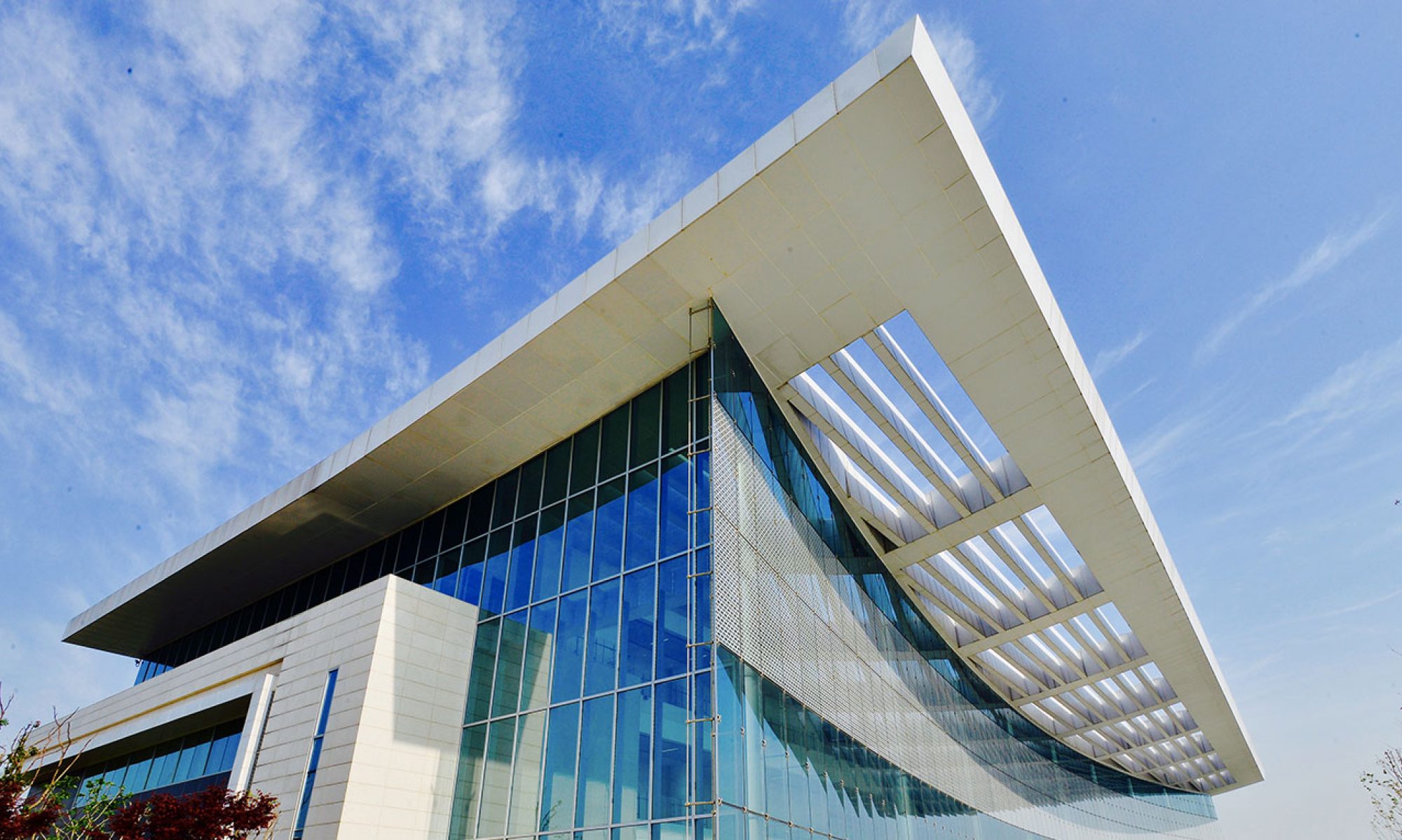 On Thursday, October 26th, 2023, DKU Humanities Research Center (HRC) sponsored an enlightening talk by Dr. Yue Li, titled “Museum Collections in Extended Reality: Explorations on 3D Artifact Interaction and Manipulation Techniques in Virtual Reality and Tangible Interfaces using Augmented Reality.” This Zoom event, organized and hosted by Dr. Xin Tong from HRC’s Anthropocene XR Lab, garnered significant interest, attracting an audience of 35 attendees from diverse backgrounds who are DKU faculty and students.
On Thursday, October 26th, 2023, DKU Humanities Research Center (HRC) sponsored an enlightening talk by Dr. Yue Li, titled “Museum Collections in Extended Reality: Explorations on 3D Artifact Interaction and Manipulation Techniques in Virtual Reality and Tangible Interfaces using Augmented Reality.” This Zoom event, organized and hosted by Dr. Xin Tong from HRC’s Anthropocene XR Lab, garnered significant interest, attracting an audience of 35 attendees from diverse backgrounds who are DKU faculty and students.
 Dr. Yue Li embarked on an in-depth exploration of the intersection between extended reality (XR) technologies and museum experiences. Her presentation centered on the transformative potential of Virtual Reality (VR) and Augmented Reality (AR) in enhancing the accessibility and interactivity of museum collections. She delved into the nuances of various interaction and manipulation techniques in VR, such as controller-based and hand-tracking interactions, alongside direct and indirect manipulation methods.
Dr. Yue Li embarked on an in-depth exploration of the intersection between extended reality (XR) technologies and museum experiences. Her presentation centered on the transformative potential of Virtual Reality (VR) and Augmented Reality (AR) in enhancing the accessibility and interactivity of museum collections. She delved into the nuances of various interaction and manipulation techniques in VR, such as controller-based and hand-tracking interactions, alongside direct and indirect manipulation methods.
The audience, open to the public, engaged actively with Dr. Li, discussing the implications of these XR technologies for future museum design, cultural heritage learning, and museum gifting. The interactive session reflected a keen interest in how XR could revolutionize our interaction with history and culture in educational and recreational contexts.

 On November 17th, Dr. Yukang Yan, an Assistant Professor at the University of Rochester, presented an engaging talk titled “Understand, Predict, and Enhance User Behavior in Mixed Reality.” This virtual Zoom event, organized by Dr. Xin Tong and hosted by Dr. Charles Chang from DKU HRC Anthropocene XR Lab, delved into the evolving realm of human-computer interaction in Mixed Reality (MR).
On November 17th, Dr. Yukang Yan, an Assistant Professor at the University of Rochester, presented an engaging talk titled “Understand, Predict, and Enhance User Behavior in Mixed Reality.” This virtual Zoom event, organized by Dr. Xin Tong and hosted by Dr. Charles Chang from DKU HRC Anthropocene XR Lab, delved into the evolving realm of human-computer interaction in Mixed Reality (MR). Dr. Yan’s research focuses on the intersection of digital and physical realities through MR, shedding light on its profound impact on user perception and interaction. He emphasized the shift in user interaction beyond traditional screens, highlighting the importance of understanding and adapting to these changes. The talk detailed his approach to observing and modeling the behavioral and perceptual patterns of users in MR environments. Dr. Yan’s user studies form the basis for developing innovative interaction techniques tailored to these behavioral shifts. Additionally, Dr. Yan explored augmentation methods that enable users to exceed their real-world capabilities, such as embodying virtual avatars that offer unique experiences not possible in reality. His work on embodying healthier or non-humanoid avatars in MR environments sparked intriguing discussions among the audience.
Dr. Yan’s research focuses on the intersection of digital and physical realities through MR, shedding light on its profound impact on user perception and interaction. He emphasized the shift in user interaction beyond traditional screens, highlighting the importance of understanding and adapting to these changes. The talk detailed his approach to observing and modeling the behavioral and perceptual patterns of users in MR environments. Dr. Yan’s user studies form the basis for developing innovative interaction techniques tailored to these behavioral shifts. Additionally, Dr. Yan explored augmentation methods that enable users to exceed their real-world capabilities, such as embodying virtual avatars that offer unique experiences not possible in reality. His work on embodying healthier or non-humanoid avatars in MR environments sparked intriguing discussions among the audience. The Nighthawks are thrilled to co-sponsor a special DKU treat this week: join us for a screening of Crystal Kwok‘s 2022 award-winning documentary Blurring the Color Line, which will be followed by a Q&A (& food & drink) with Crystal Kwok moderated by Prof. Selina Lai-Henderson. Then on Friday morning Crystal Kwok will lead a filmmaker & storyteller salon. For further details on Crystal Kwok and our events see the HRC’s
The Nighthawks are thrilled to co-sponsor a special DKU treat this week: join us for a screening of Crystal Kwok‘s 2022 award-winning documentary Blurring the Color Line, which will be followed by a Q&A (& food & drink) with Crystal Kwok moderated by Prof. Selina Lai-Henderson. Then on Friday morning Crystal Kwok will lead a filmmaker & storyteller salon. For further details on Crystal Kwok and our events see the HRC’s 


